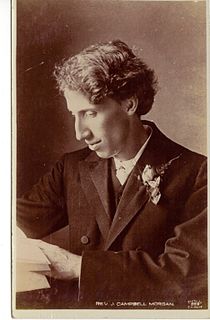A Quote by Dalai Lama
More often than not, anger is actually an indication of weakness rather than of strength.
Related Quotes
Anger is certainly a kind of baseness; as it appears well in the weakness of those subjects in whom it reigns; children, women, old folks, sick folks. Only men must beware, that they carry their anger rather with scorn, than with fear; so that they may seem rather to be above the injury, than below it; which is a thing easily done, if a man will give law to himself in it.
Confronting our feelings and giving them appropriate expression always takes strength, not weakness. It takes strength to acknowledge our anger, and sometimes more strength yet to curb the aggressive urges anger may bring and to channel them into nonviolent outlets. It takes strength to face our sadness and to grieve and to let our grief and our anger flow in tears when they need to. It takes strength to talk about our feelings and to reach out for help and comfort when we need it.
But I'd rather help than watch. I'd rather have a heart than a mind. I'd rather expose too much than too little. I'd rather say hello to strangers than be afraid of them. I would rather know all this about myself than have more money than I need. I'd rather have something to love than a way to impress you.
God does not need your strength: he has more than enough of power of his own. He asks your weakness: he has none of that himself, and he is longing, therefore, to take your weakness, and use it as the instrument in his own mighty hand. Will you not yield your weakness to him, and receive his strength?
Love is an alchemist that can transmute poison into food--and a spaniel, that prefers even punishment from one hand to caresses from another. But it is in love as in war, we are often more indebted for our success to the weakness of the defence than to the energy of the attack; for mere idleness has ruined more women than passion; vanity more than idleness, and credulity more than either.
Waiting for God means power to do nothing save under command. This is not lack of power to do anything. Waiting for God needs strength rather than weakness. It is power to do nothing. It is the strength that holds strength in check. It is the strength that prevents the blundering activity which is entirely false and will make true activity impossible when the definite command comes.









































